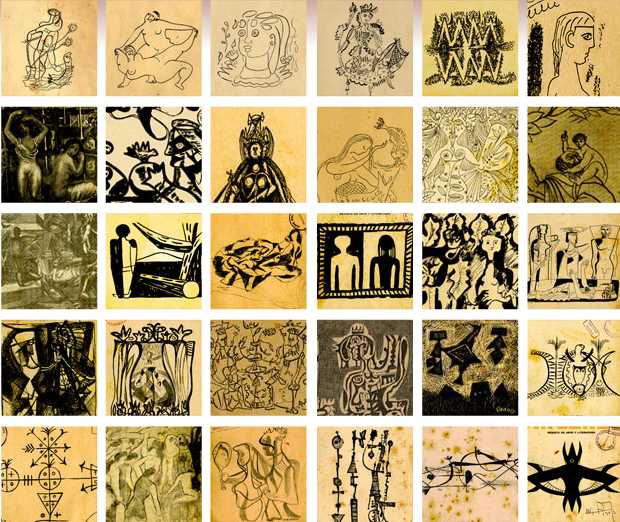4.1.2.1.1 The significance of Orígenes Magazine (1944 – 1956) for Cuban culture

The Origenist proposal entailed a profound cultural renewal, not by abandoning the previous tradition but by taking it up to a new level, as a bastion for the defense of the national from its best values, those that were fading in a political, economic, and social context adverse to the rule of an authentic and indigenous culture.
It has been pointed out that Orígenes not only published texts by the poets who were part of the group or revolved in its orbit during the 12 years of the publication’s existence, but that they were also open to styles and actions of dissimilar aesthetics, both from the previous generation and its already distant innovative purposes, as well as from the criollismo of Samuel Feijóo, for example.
The core group of Orígenes had the rare privilege of being made up of truly relevant authors, especially the sextet made up of José Lezama Lima, Cintio Vitier, Fina García Marruz, Eliseo Diego, Gastón Baquero and Virgilio Piñera, the latter a dissident of the group but who nevertheless achieved, through his own means, a work of superior quality.
It is noteworthy that the group did not become a mere epigonal parade, even with the inspiring example of Lezama, but rather each of the authors mentioned and also the rest followed their own path, similar to the findings of transcendentalist poetics – with the exception of Piñera, who was at the antipodes of this conception – but each establishing a peculiar relationship with reality and poiesis.
A group of intellectuals and artists from various fields, especially musicians and painters, were also materially or spiritually linked to Orígenes, the latter of whom contributed to the magazine setting a precedent in terms of editorial design.
In the pages of Orígenes, almost everything published was of notable quality, leading Octavio Paz to declare it the most important magazine in the language. Contributions came from various parts of the world, and its issues were equally eagerly awaited in Europe and Latin American countries, thanks to its links with a select group of writers and artists, including Juan Ramón Jiménez, María Zambrano, and Paul Valery, to name just a few.
Today, Origenes constitutes a point of reference for the recovery of national essences in the field of literature, and especially poetry; many later writers, already in the revolutionary era, have been inspired by its open postulates, revisiting its Martí imprint and resurrecting the legacy of the transcendent when culture becomes official or trivialization attempts to impose itself from outside.








